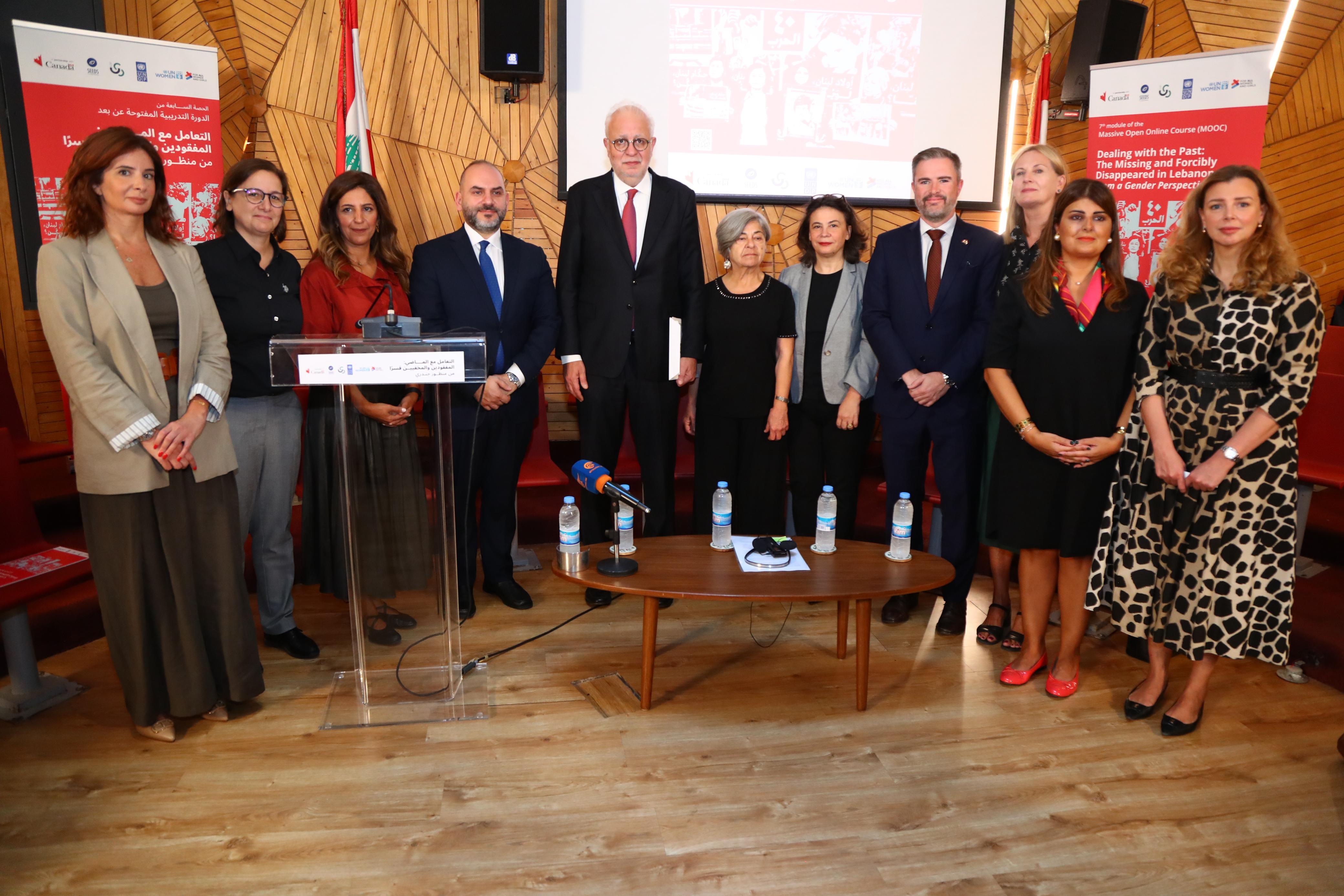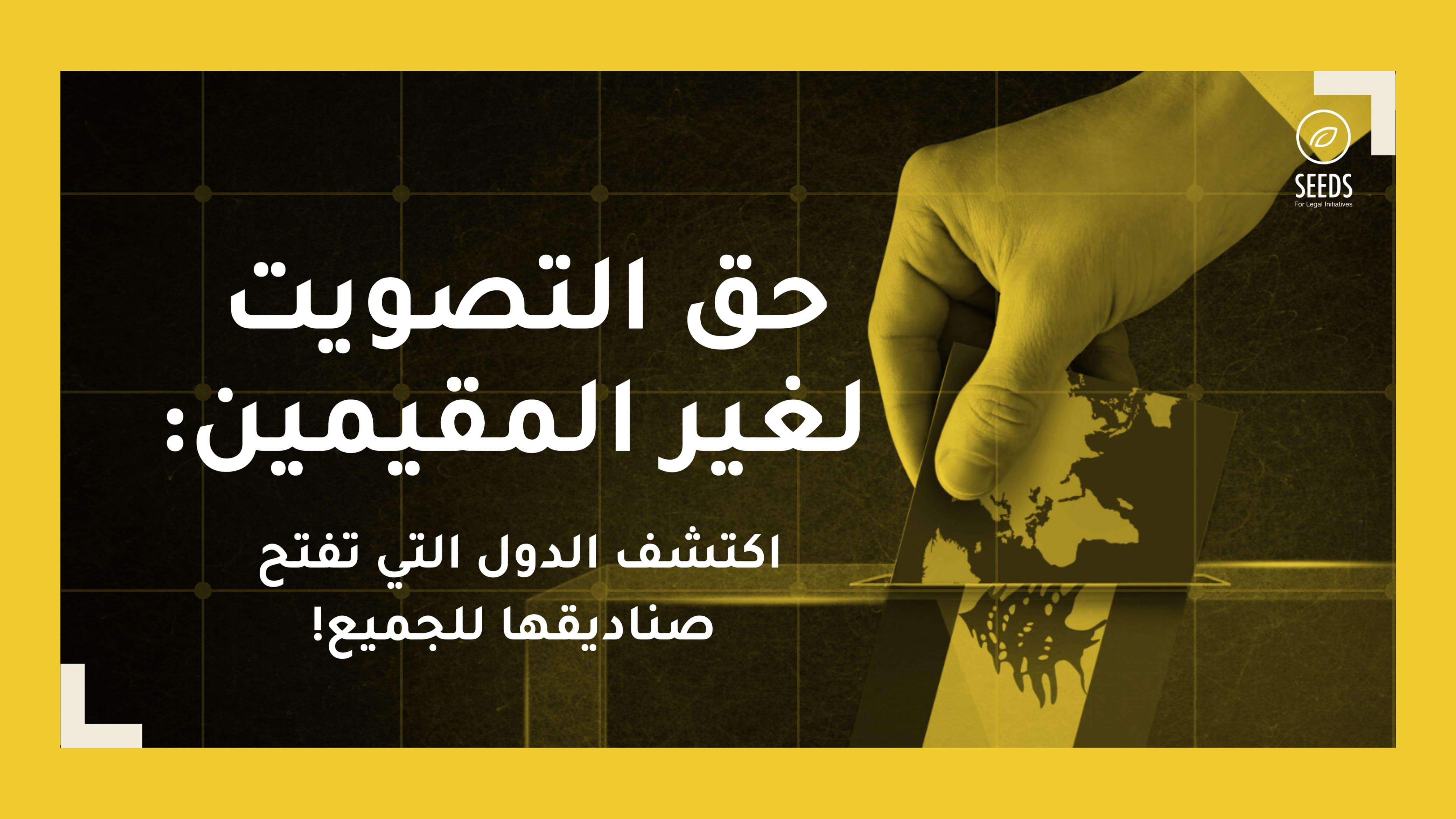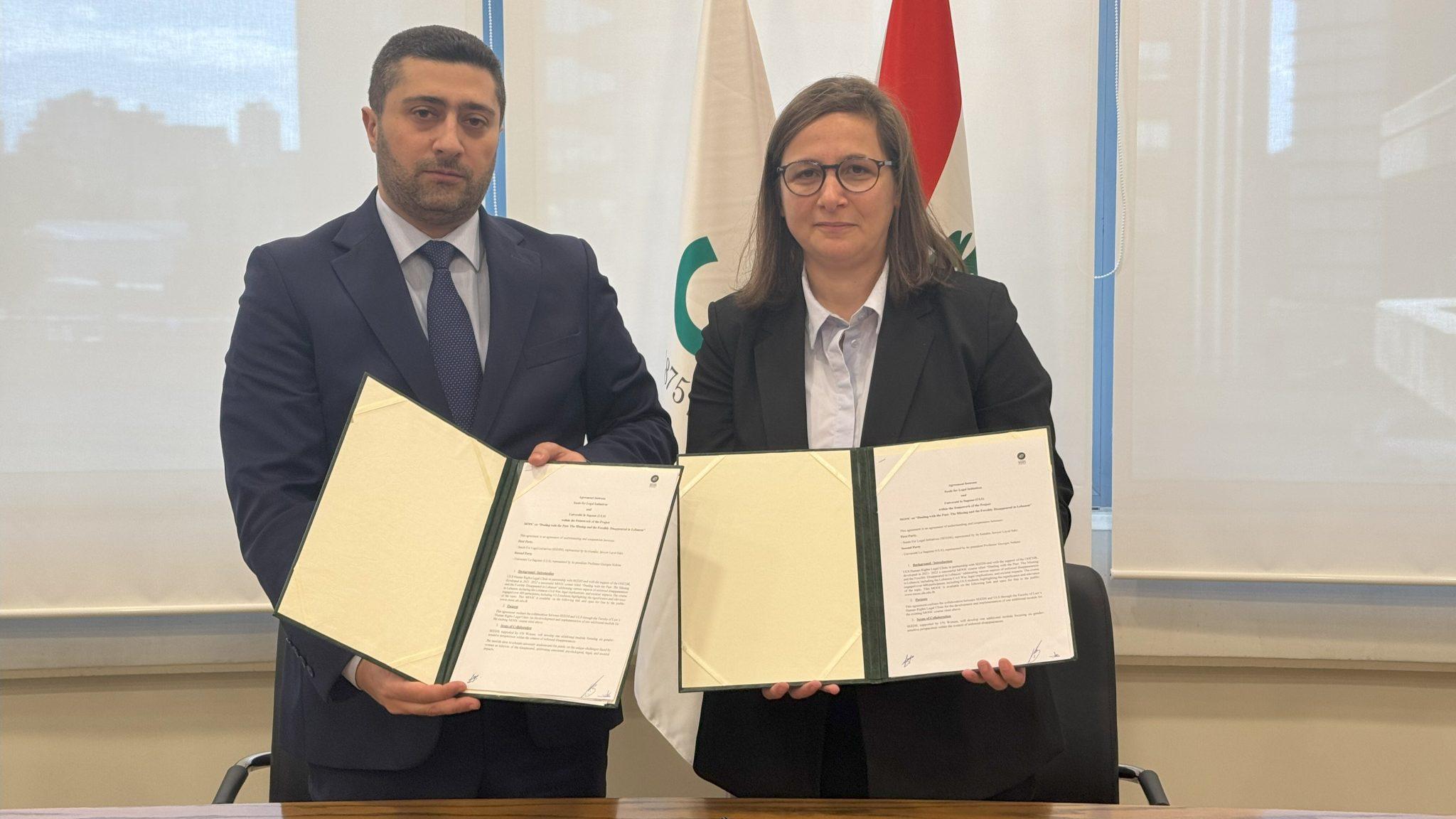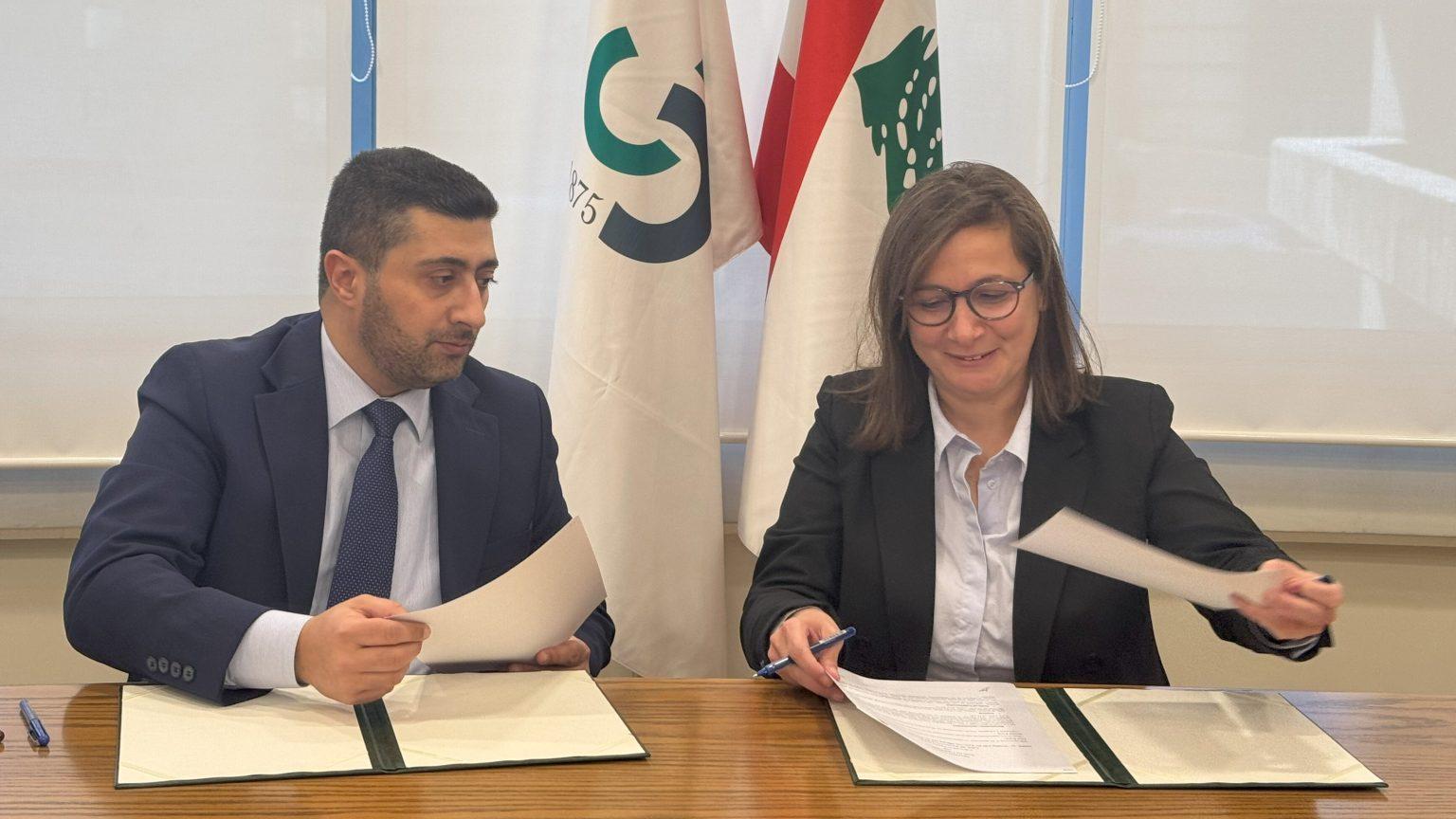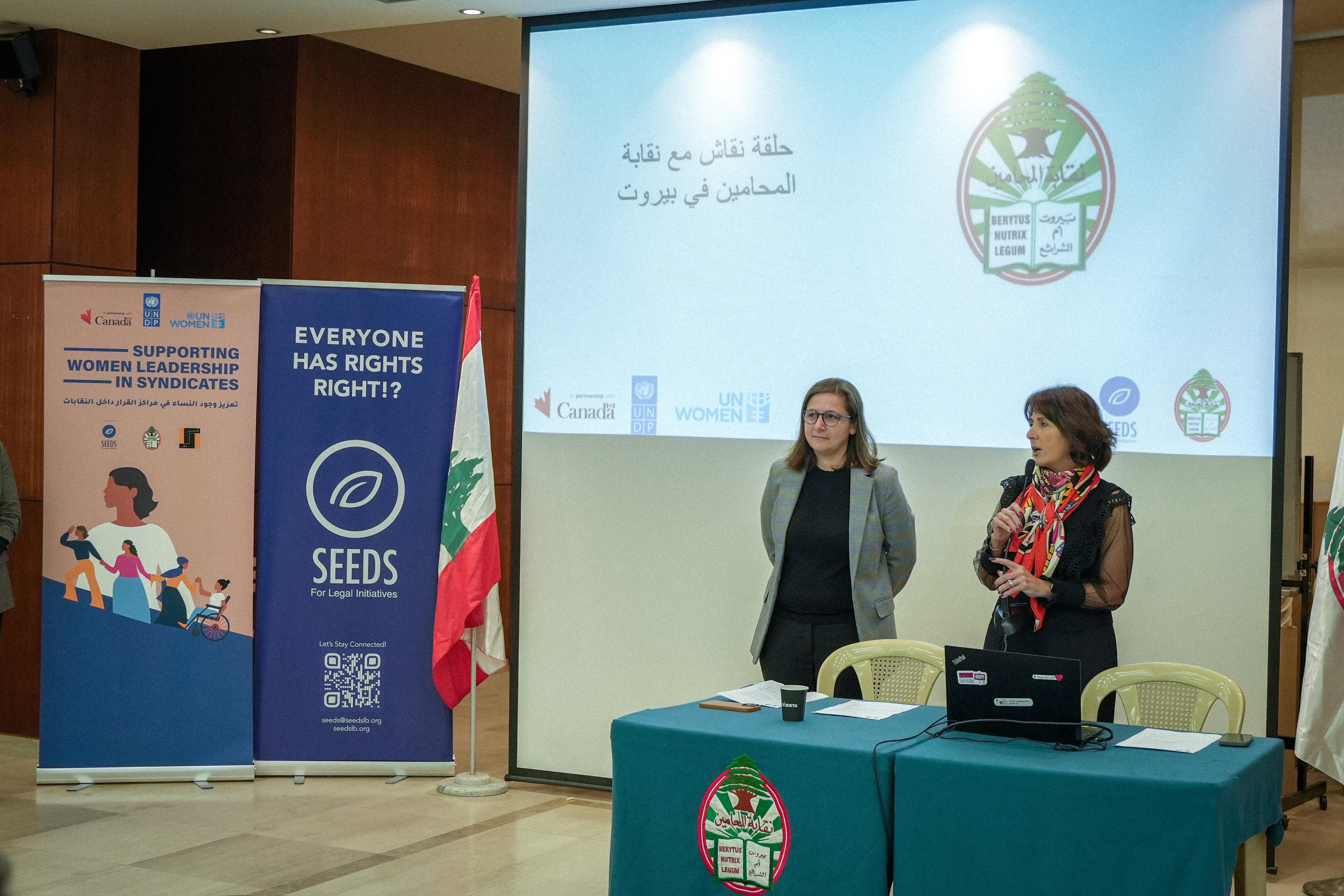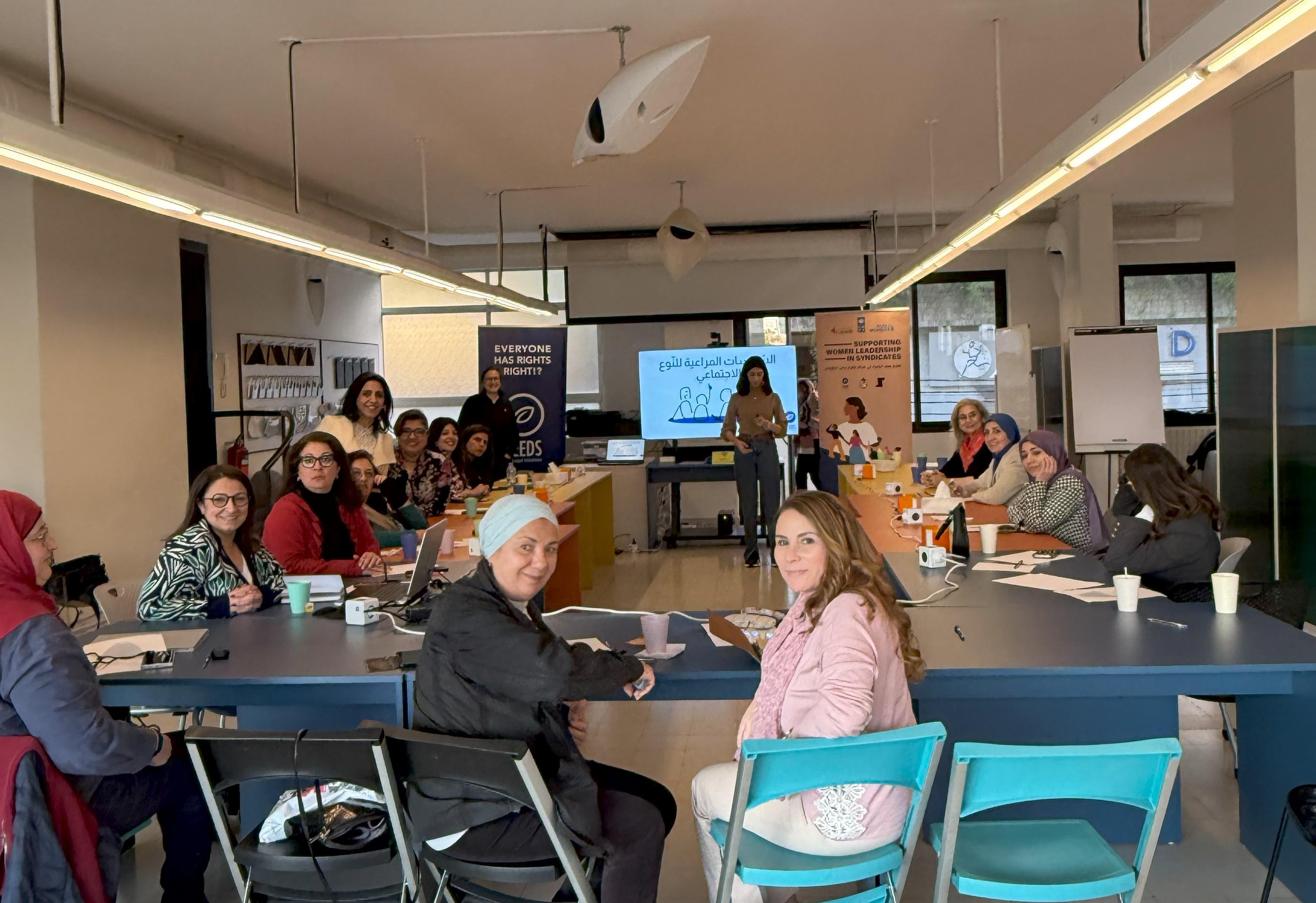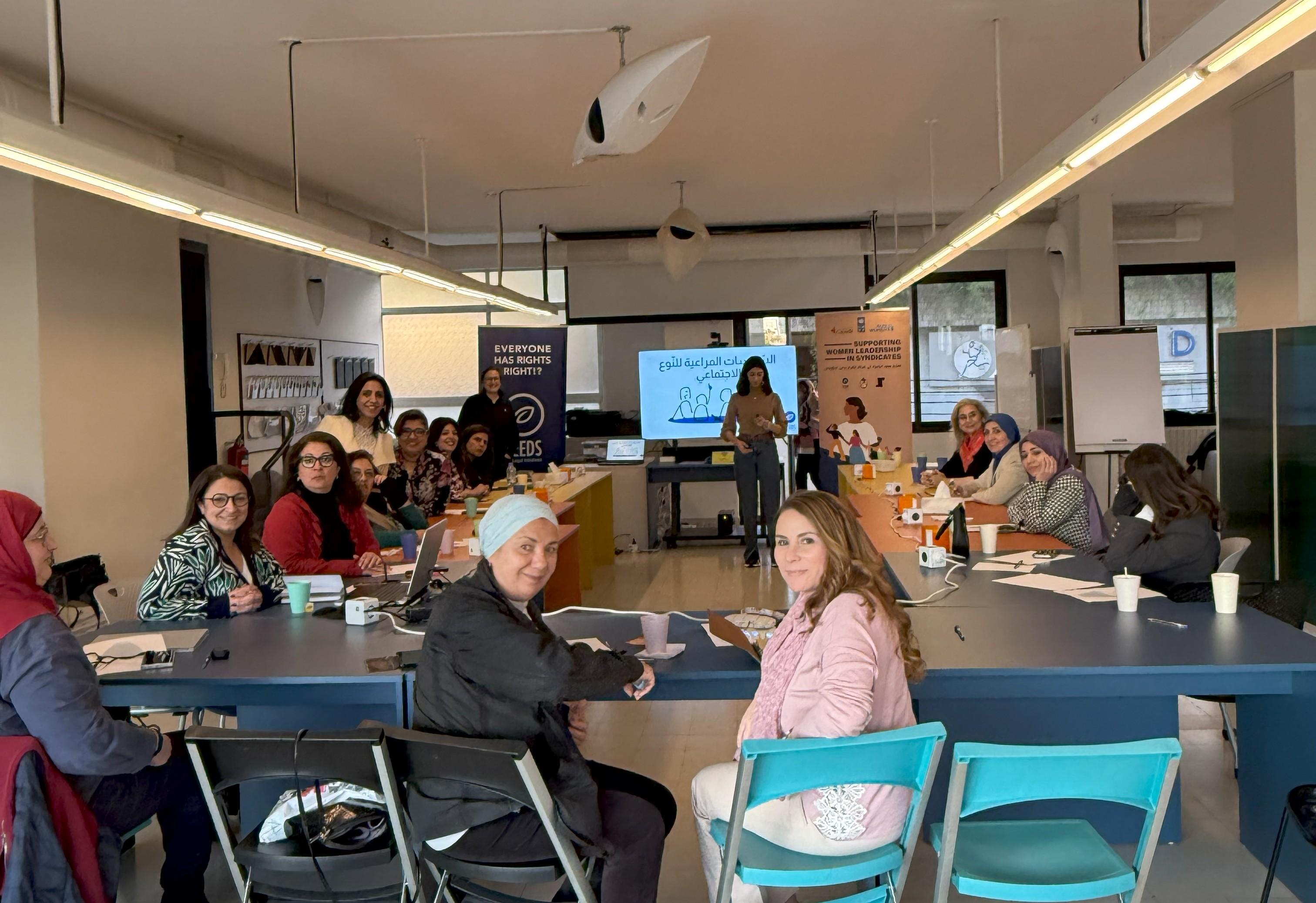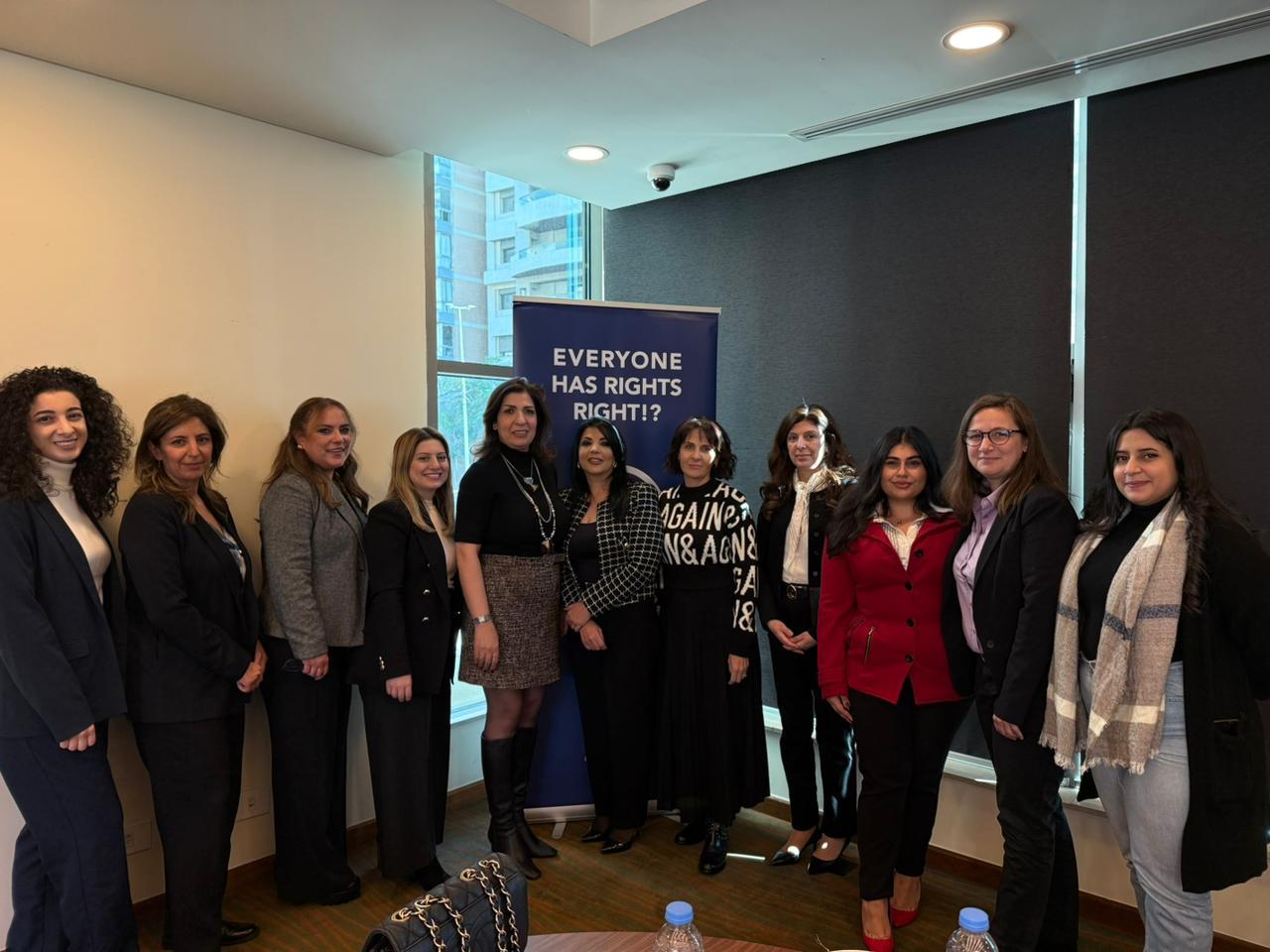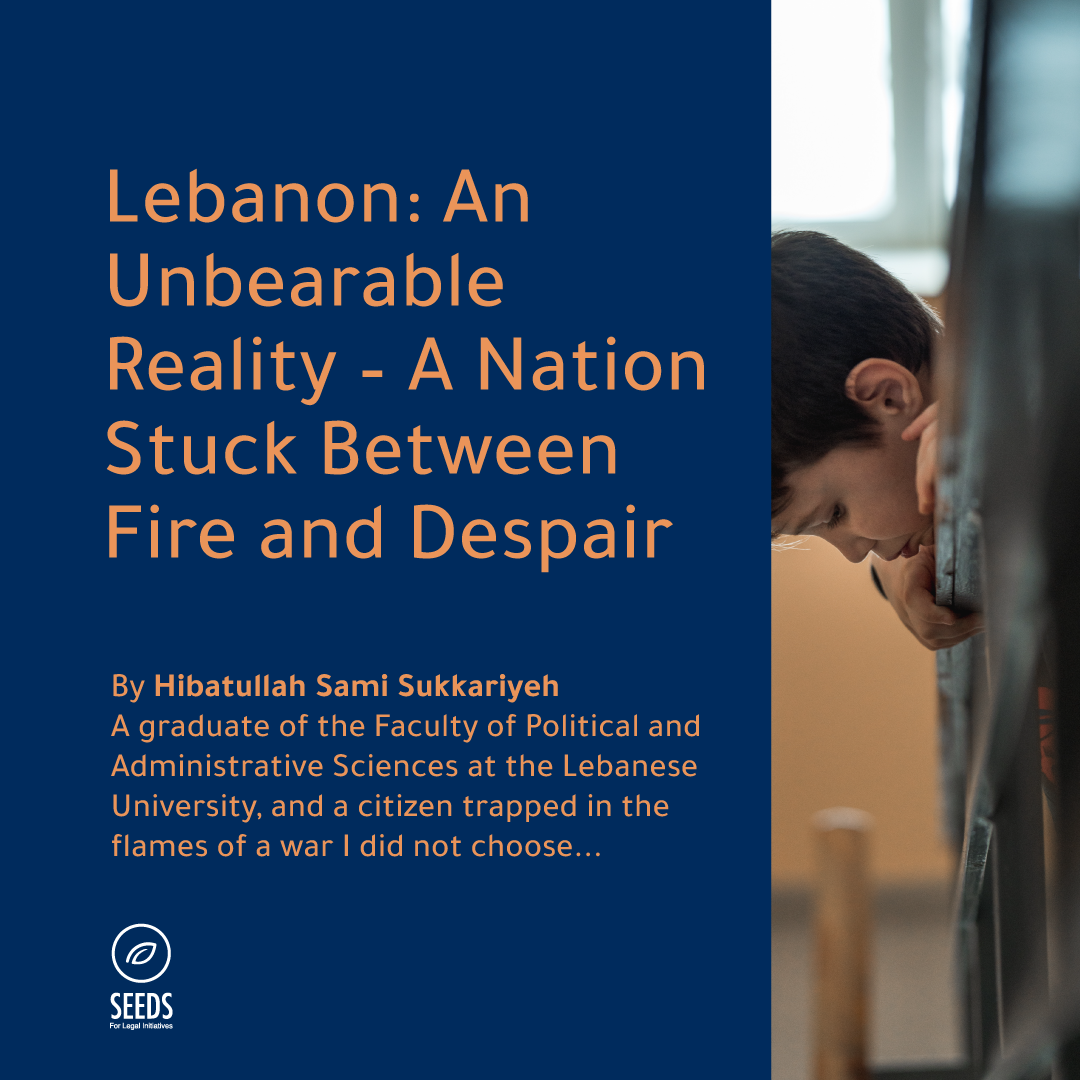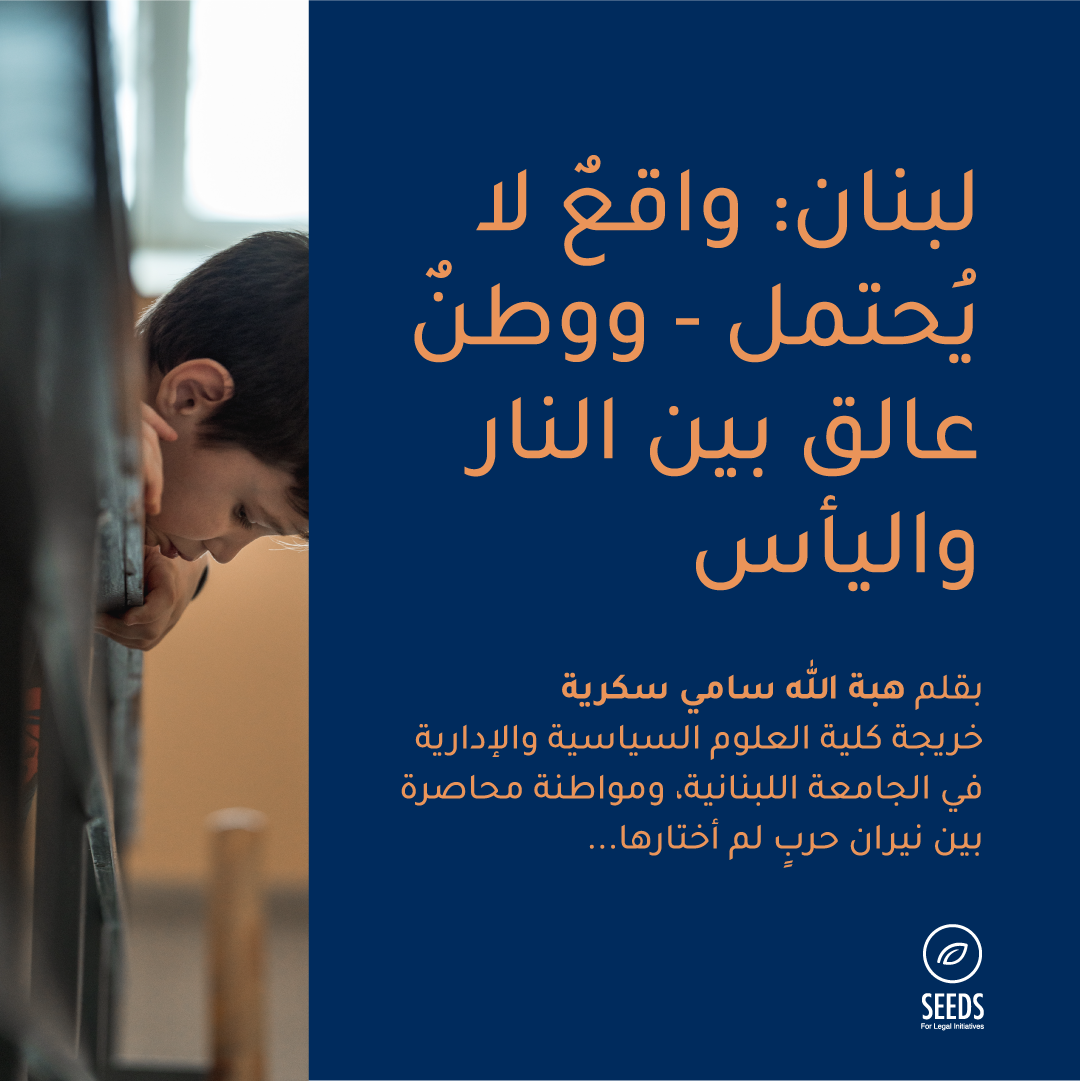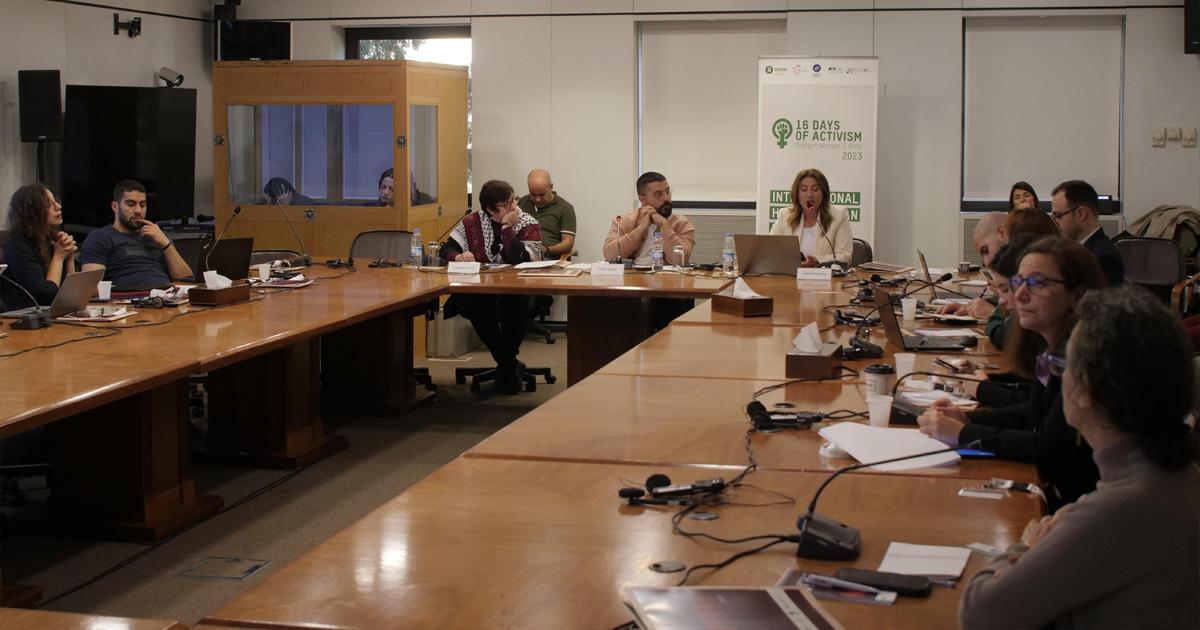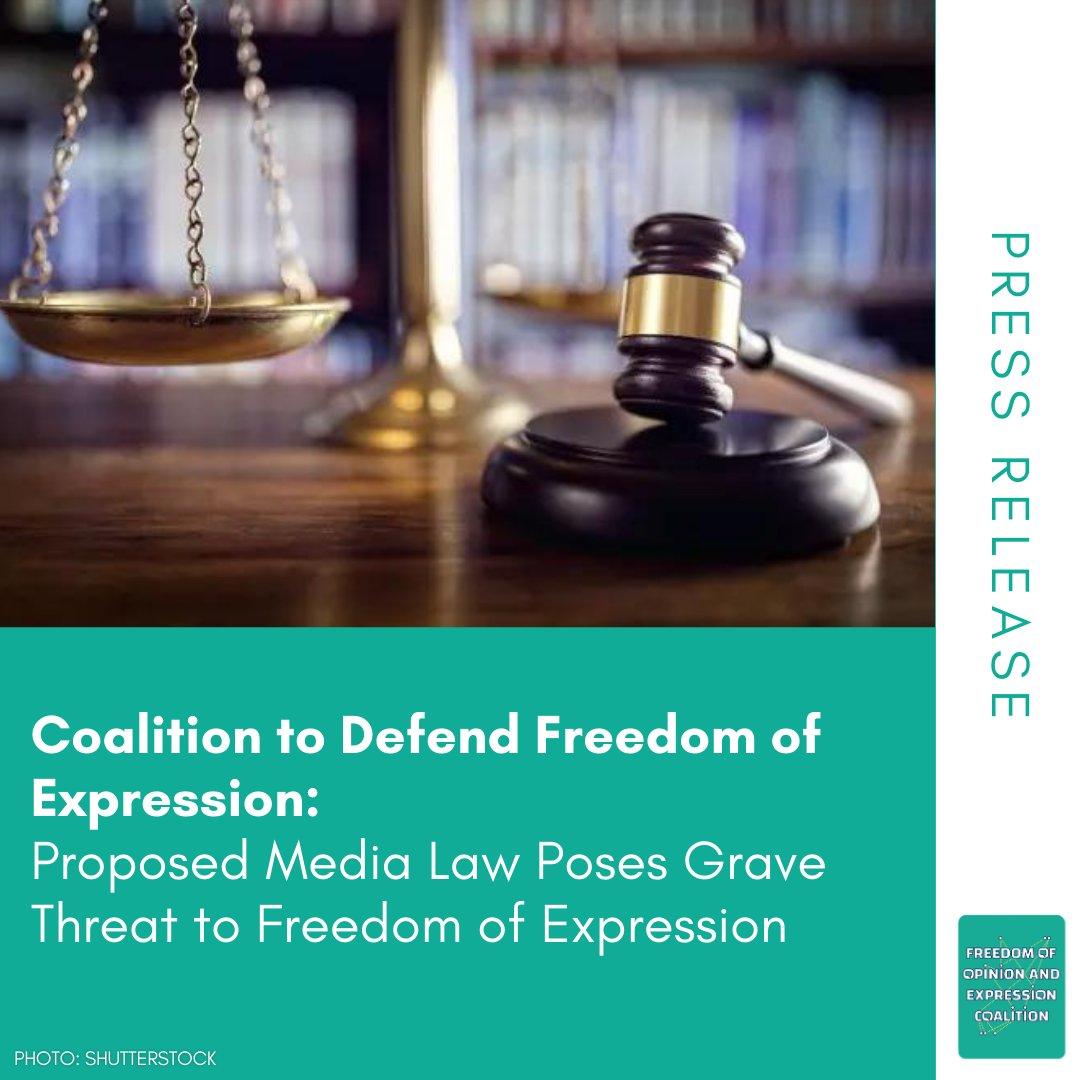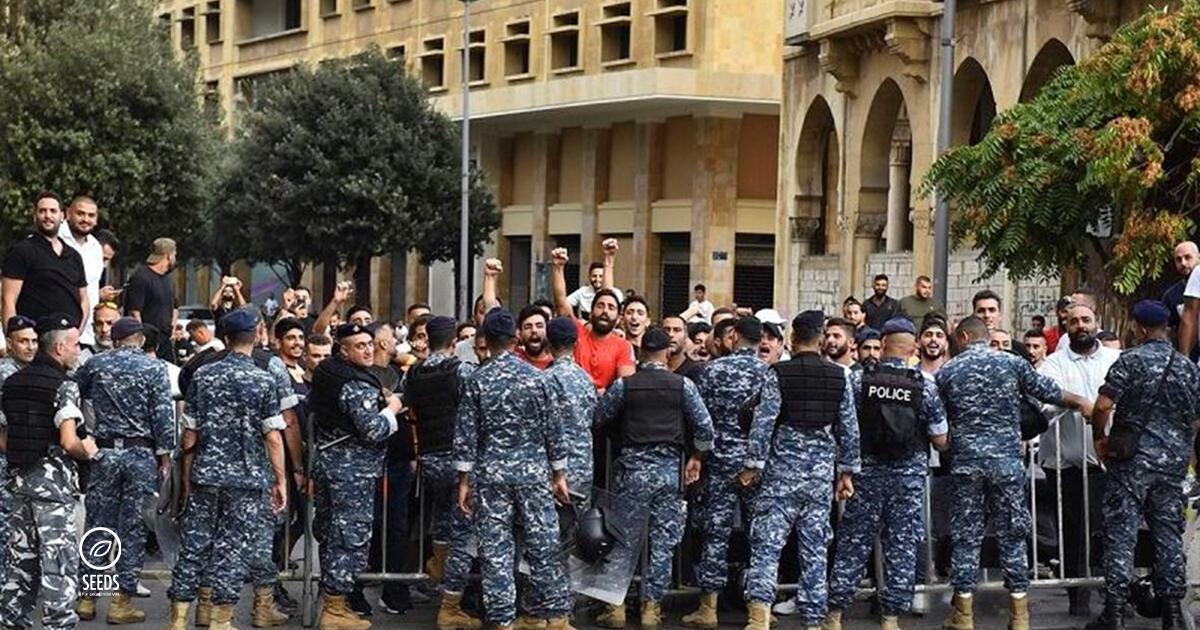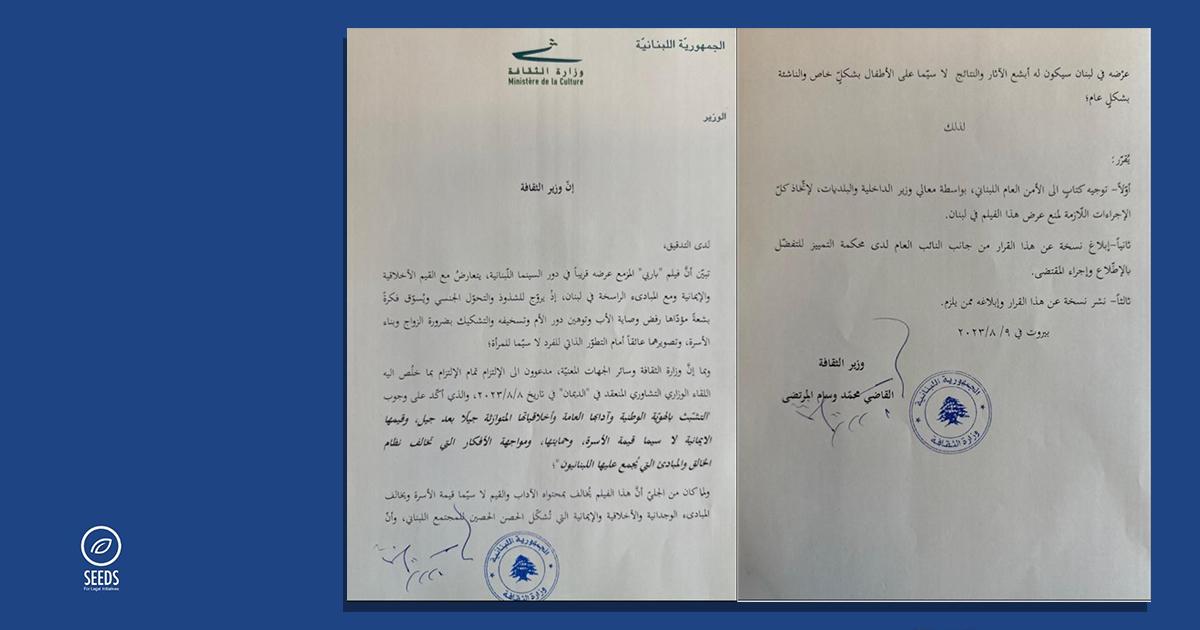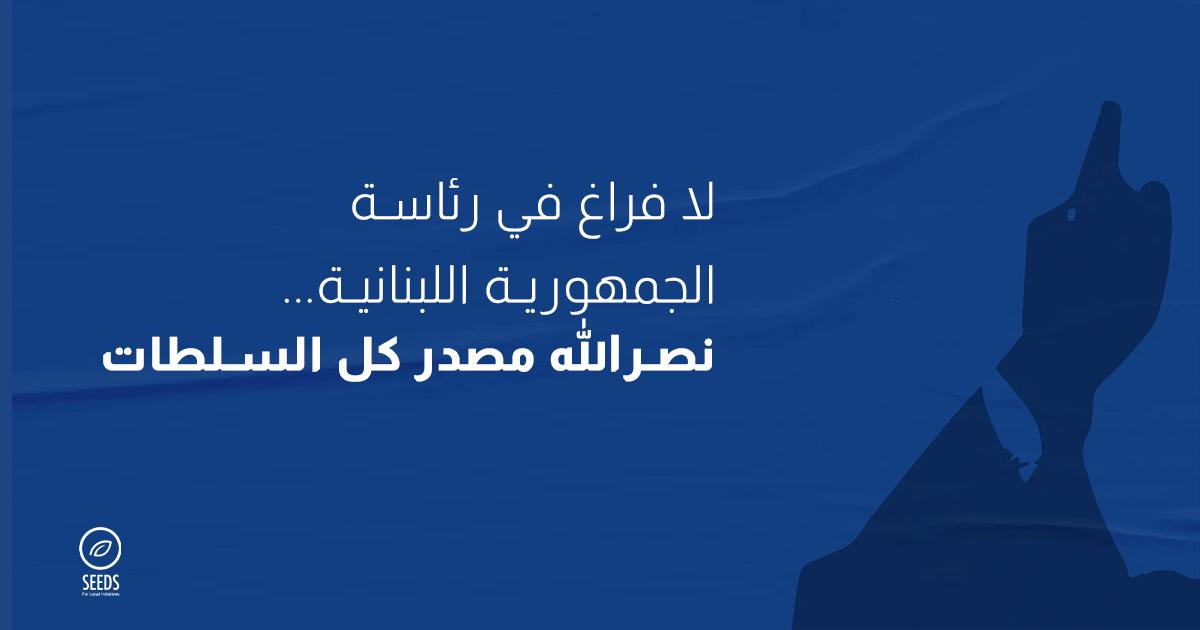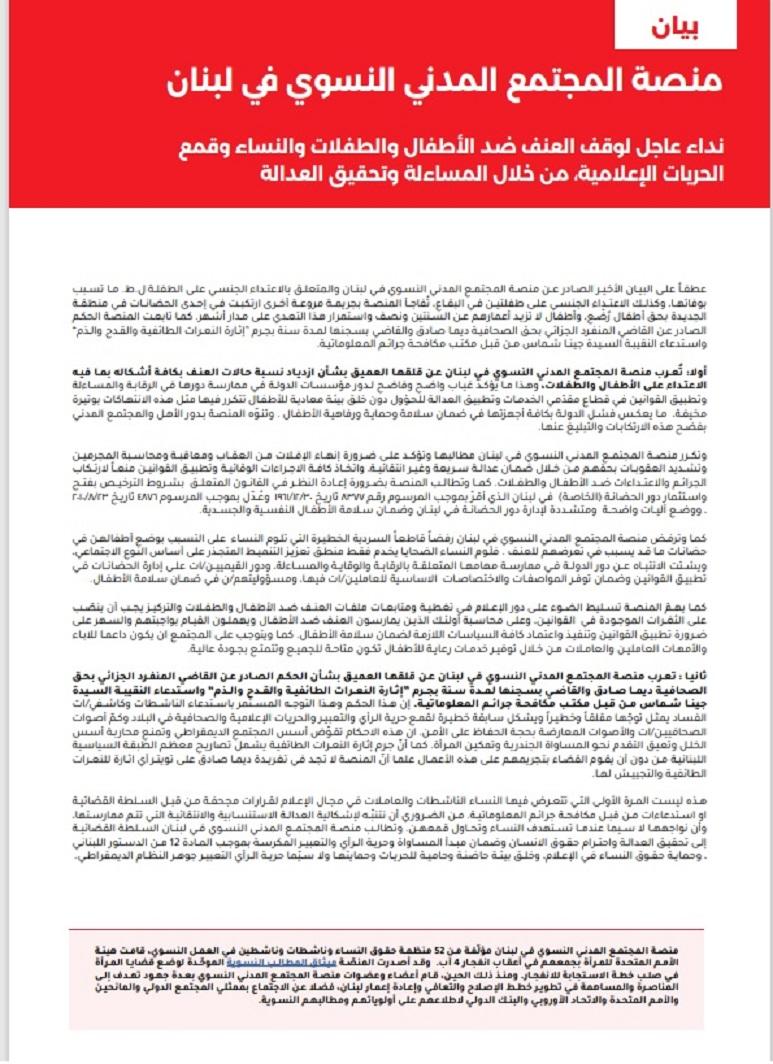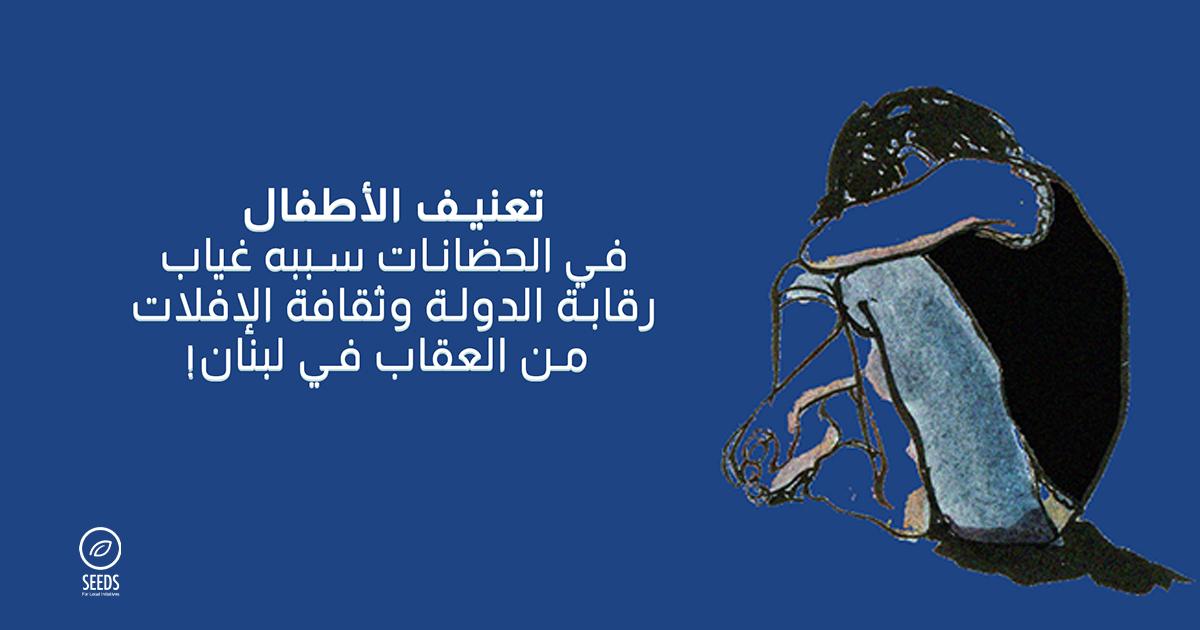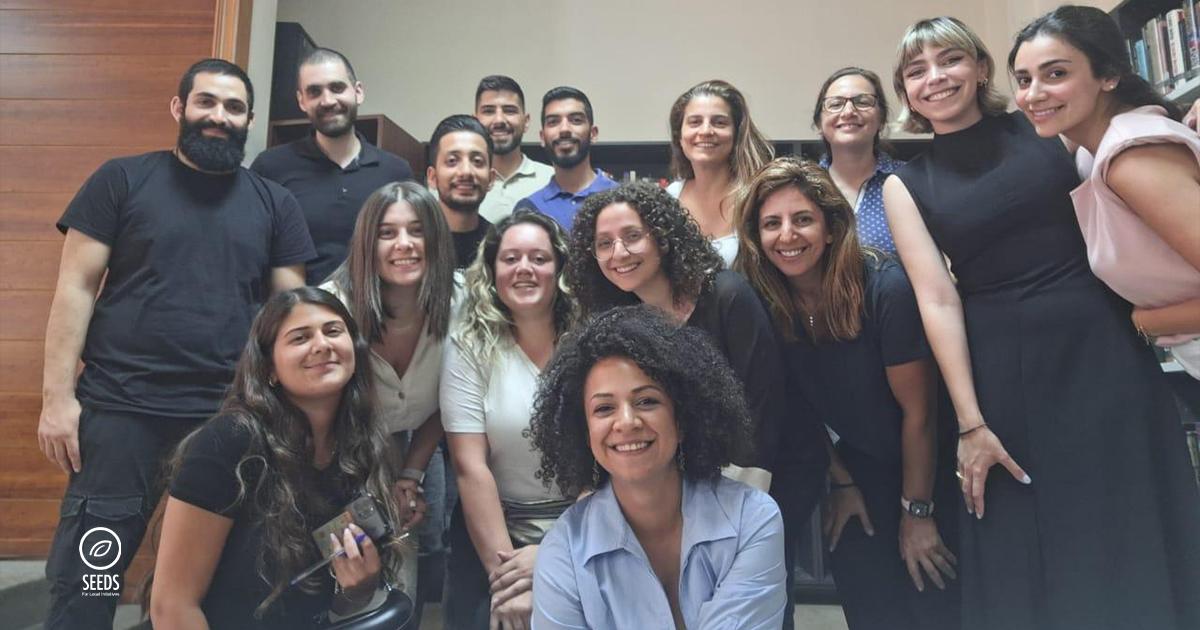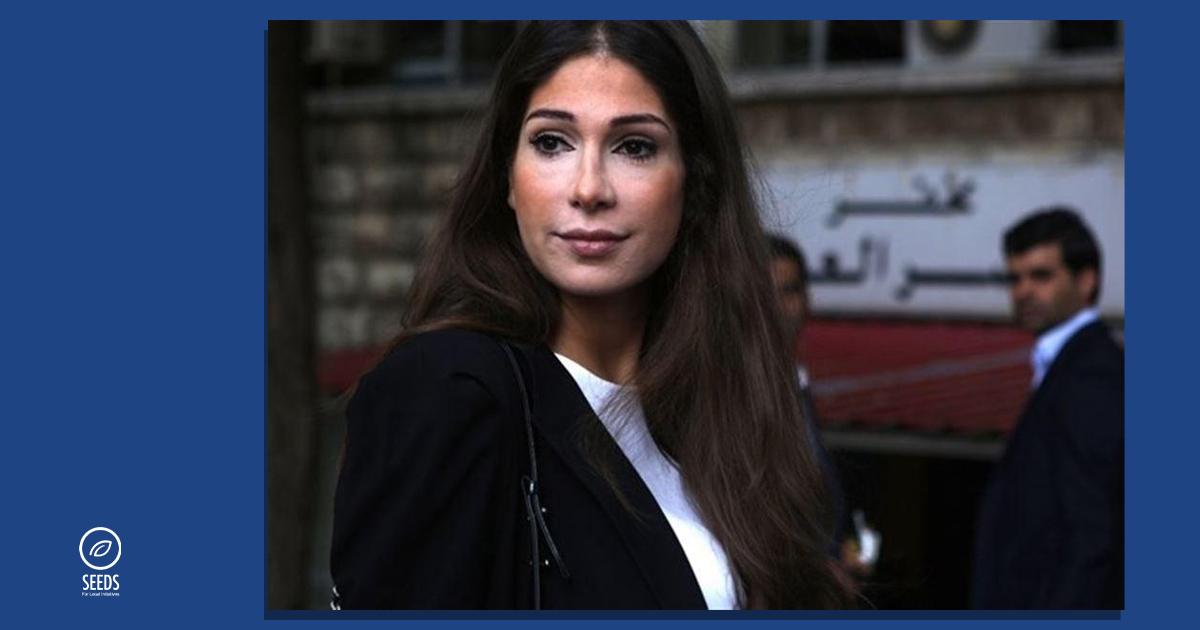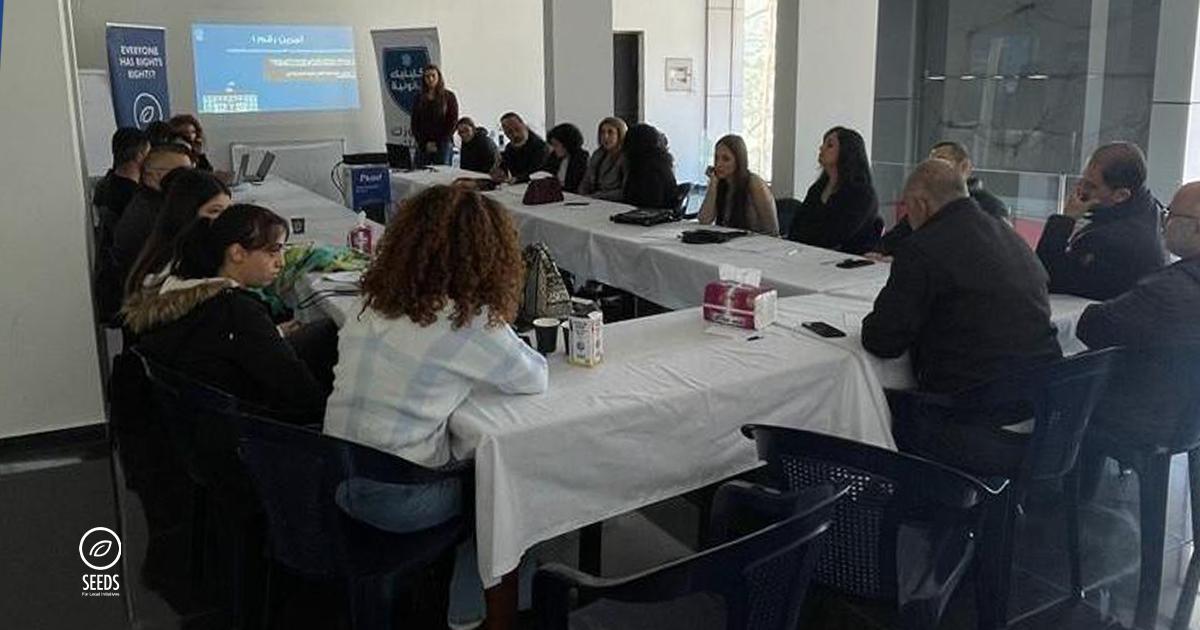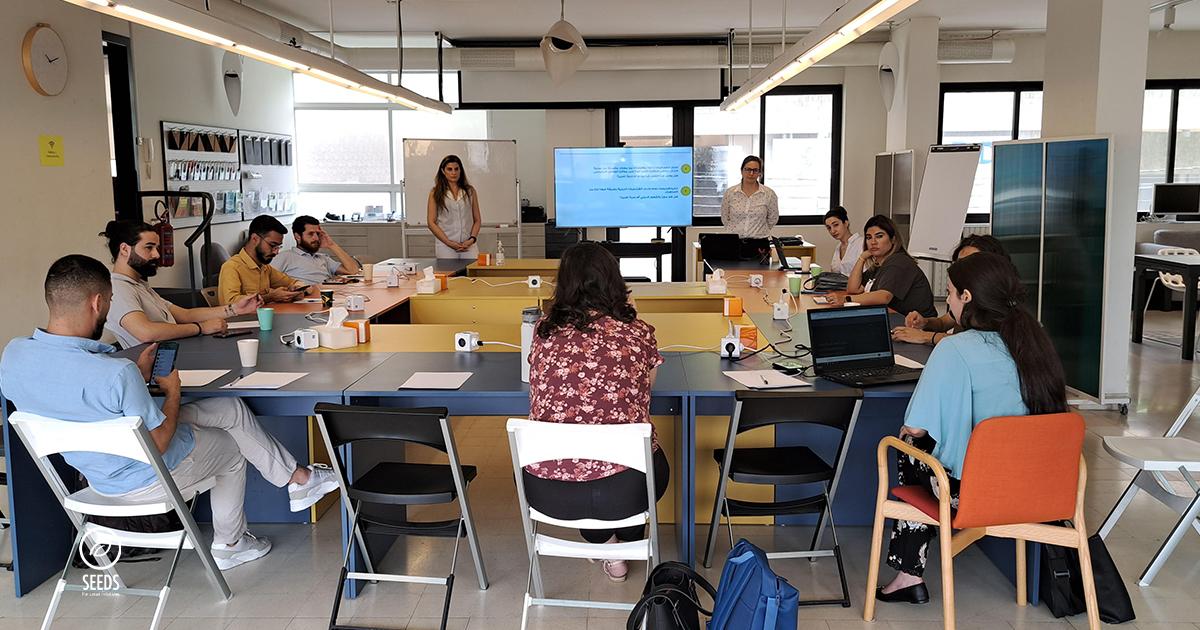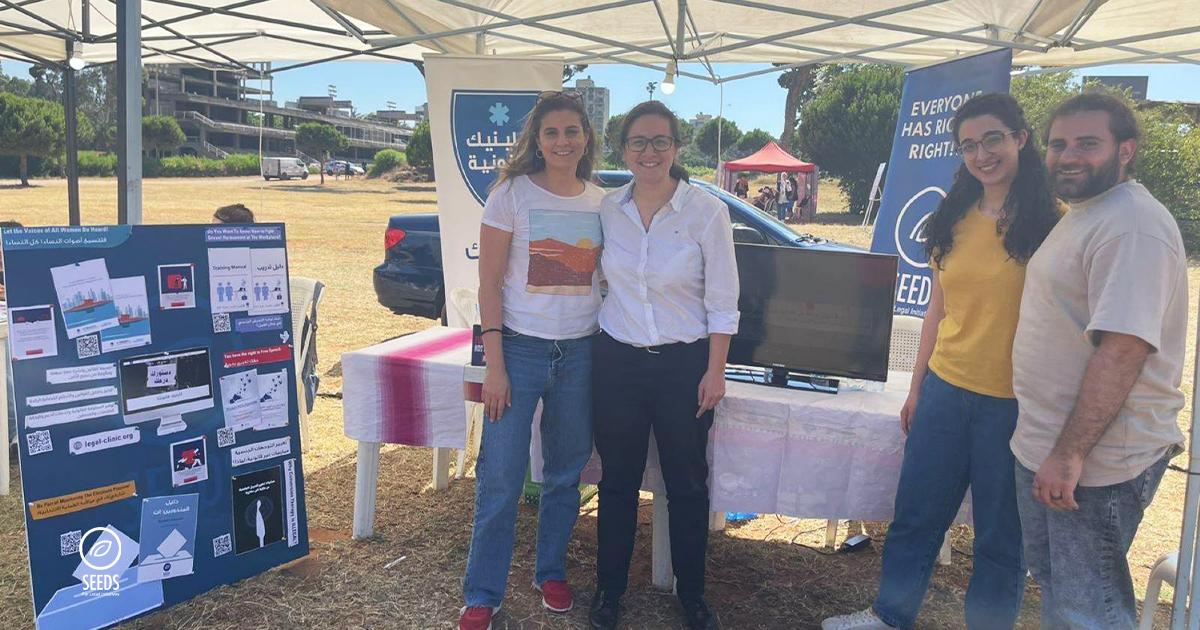SEEDS Launch an Online Learning Module Highlighting the Gender Dimension of the Issue of the Missing and Forcibly Disappeared in Lebanon
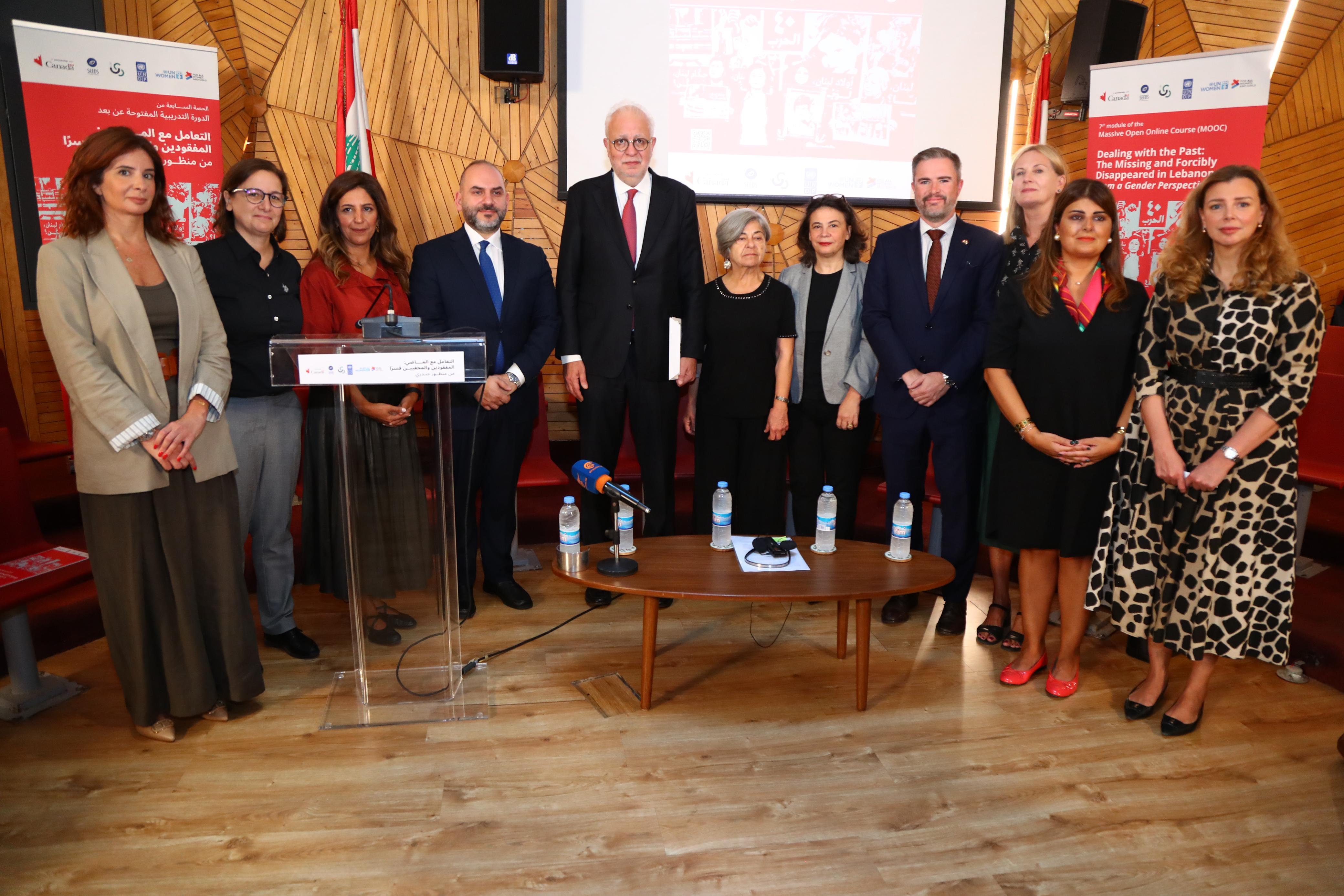
Beit Beirut, October 13, 2025
As part of efforts to promote restorative justice, preserve collective memory, and deal with the past, Seeds for Legal Initiatives and Université La Sagesse – Legal Clinic at the Faculty of Law launched the seventh module of the online course on “Dealing with the Past” titled “The Missing and Forcibly Disappeared in Lebanon from a Gender Perspective.”
The module was developed by Seeds for Legal Initiatives with Dr. Carmen Hassoun Abou Jaoude, in partnership with UN Women and UNDP, and supported by the Government of Canada.
The launch was attended by Minister of Justice Adel Nassar, Canadian Ambassador Gregory Galligan, UN Women Country Representative in Lebanon Gielan El Messiri, UNDP Resident Representative Blerta Aliko, and representatives of the National Commission for the Missing and Forcibly Disappeared, the Committee of the Families of the Kidnapped and Disappeared in Lebanon, the National Commission for Lebanese Women, as well as academic institutions and civil society organizations.
The online course was initially developed in 2021 with the support of the Office of the High Commissioner for Human Rights (OHCHR). During that phase, the platform and six modules were created, laying the foundation for the current seventh module, which focuses on the gender dimension of the issue of the missing and forcibly disappeared.
The 7th module focuses on the gender aspect of enforced disappearance in Lebanon, where most of the missing are men. Women -mothers, wives, sisters, and daughters- carry the main responsibility of searching for the truth, dealing with legal and administrative procedures, and with long-term emotional and social impacts.
The event opened with remarks from journalist Lina Jarrous, Programs Manager at Seeds for Legal Initiatives, who presented the project and its goal to place human rights and restorative justice at the center of public debate on this national issue. She said:
“We cannot address this issue without recognizing the leading role that women have played, and continue to play in this struggle: as mothers, wives, daughters, and activists who led the movement from the streets to the parliament. They built the foundations for legal and rights-based action through their persistence in uncovering the truth and preserving memory. This new module highlights the issue from a gender perspective that values and supports this role.”
Minister of Justice Adel Nassar emphasized the importance of including transitional justice topics in education, research, and training, noting that memory alone is not enough—it must become knowledge and action that prevent repetition. Quoting Simone Weil, he said:
“I don’t like the phrase ‘the duty of memory’; the real duty is education and awareness.”
Speeches also came from Ambassador Gregory Galligan, UN Women Representative Gielan El Messiri, UNDP Resident Representative Blerta Aliko, and Dean of the Faculty of Law Dr. Chadi Saad. They all highlighted the importance of this online learning module as a platform that promotes participatory justice and builds legal awareness to prevent future violations.
Ambassador Gregory Galligan spoke about Canada’s truth and reconciliation experience with Indigenous peoples, noting the challenges and ongoing risks. He emphasized that healing begins with truth, justice requires courage and persistence, and that women have borne much of the burden, making closure essential for families.
Regarding the module, Mrs.Gielan El Messiri stated:
“The issue of the missing and forcibly disappeared is not just a humanitarian concern, it is a matter of justice and peacebuilding in Lebanon. Women have been at the forefront of the struggle for truth and justice... This online module addresses the gender documentation gap and puts women’s experiences and struggles at the heart of the national dialogue.”
Dr. Carmen Hassoun Abou Jaoude then presented the main themes and content of the course, stressing the importance of including the issue of the missing in academic programs.
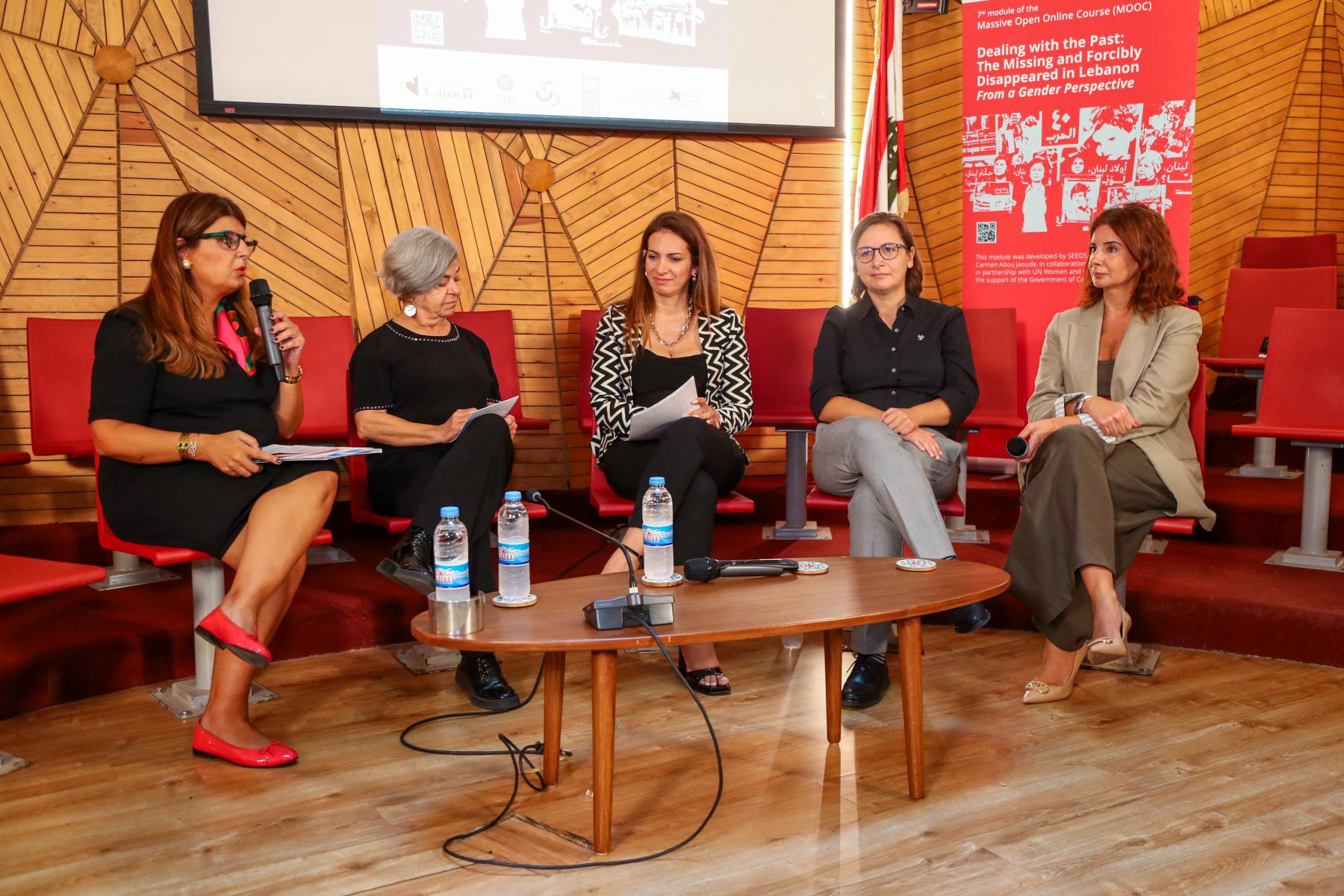
The launch ended with a panel discussion titled “Memory, Justice & Learning: Building a Human Rights-Based Future for Lebanon,” moderated by Jumana Zabaneh, Programme Management Specialist at UN Women
Speakers included Wadad Halawani (President of the Committee of the Families of the Kidnapped and Disappeared in Lebanon), Lawyer Layal Sakr (Founder and Executive Director of Seeds for Legal Initiatives), Reina Sfeir (Professor of International Human Rights Law and Member of the National Commission for the Missing and Forcibly Disappeared), and Lyn Eid (Human Rights Officer at the Office of the High Commissioner for Human Rights in Lebanon).
Halawani spoke about the long struggle of women since 1982 to find out the fate of the missing and the challenges they faced, repression, blackmail, and humiliation by armed groups and officials. Their peaceful protest movement succeeded in pushing for Law No. 105/2018, which gives every family the right to know the fate of their relatives. She stressed that now is the time to implement this law.
Lawyer Layal Sakr discussed the challenges in implementing Law 105, including limited resources and political support. She emphasized the law’s importance in establishing the National Commission, which aims to uncover the truth about the missing, restore collective memory, and provide families with answers. She clarified that the goal is not to punish anyone, but to know the truth and heal the wounds of the past. According to Sakr, the law is essential for ensuring restorative justice, giving families the right to understand what happened, and preserving memory so that history is remembered accurately and responsibly. This, she explained, is key to building national reconciliation and preventing the return of civil war tragedies.
Lyn Eid highlighted the importance of learning from international experiences. Drawing on her work with the Office of the High Commissioner for Human Rights at global, regional, and local levels, she discussed countries that have successfully integrated gender perspectives into dealing with the issue of the missing and forcibly disappeared, including Morocco, Tunisia, and Mexico. She stressed that Lebanon could benefit from these experiences and encouraged the use of online learning tools, like this module, as a way to develop similar programs locally.
Reina Sfeir shared how she integrated the module into her Human Rights Legal Clinic courses, noting that students initially knew little about the topic. The course helped them connect legal concepts to the real experiences of families of the missing and forcibly disappeared.
The panelists agreed on the importance of raising awareness about the issue of the missing and forcibly disappeared, praising the online module and its gender perspective as a pioneering digital experience that strengthens justice and supports peacebuilding in Lebanon.
The online module is available for free and can be accessed here: https://mooc.uls.edu.lb/en
